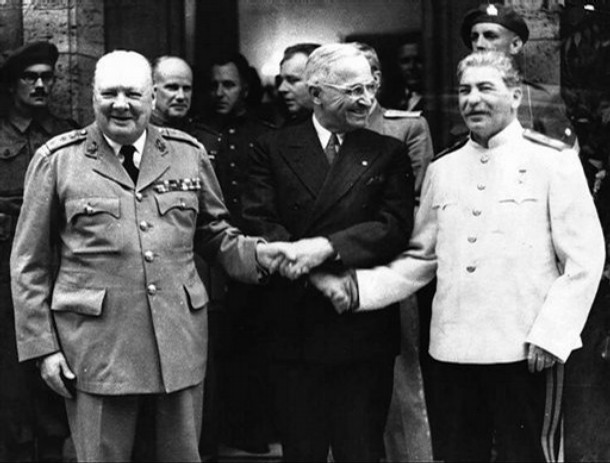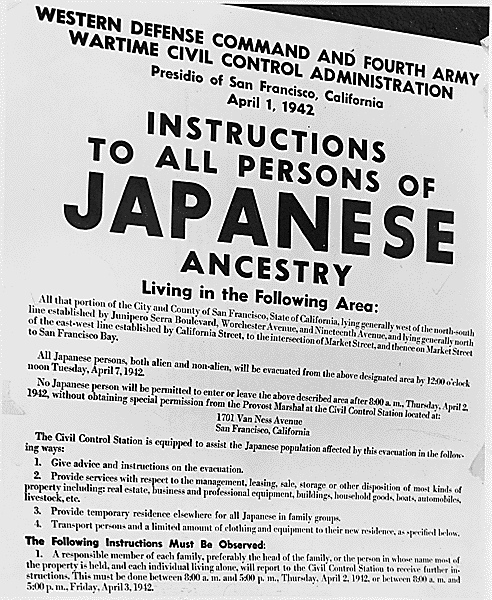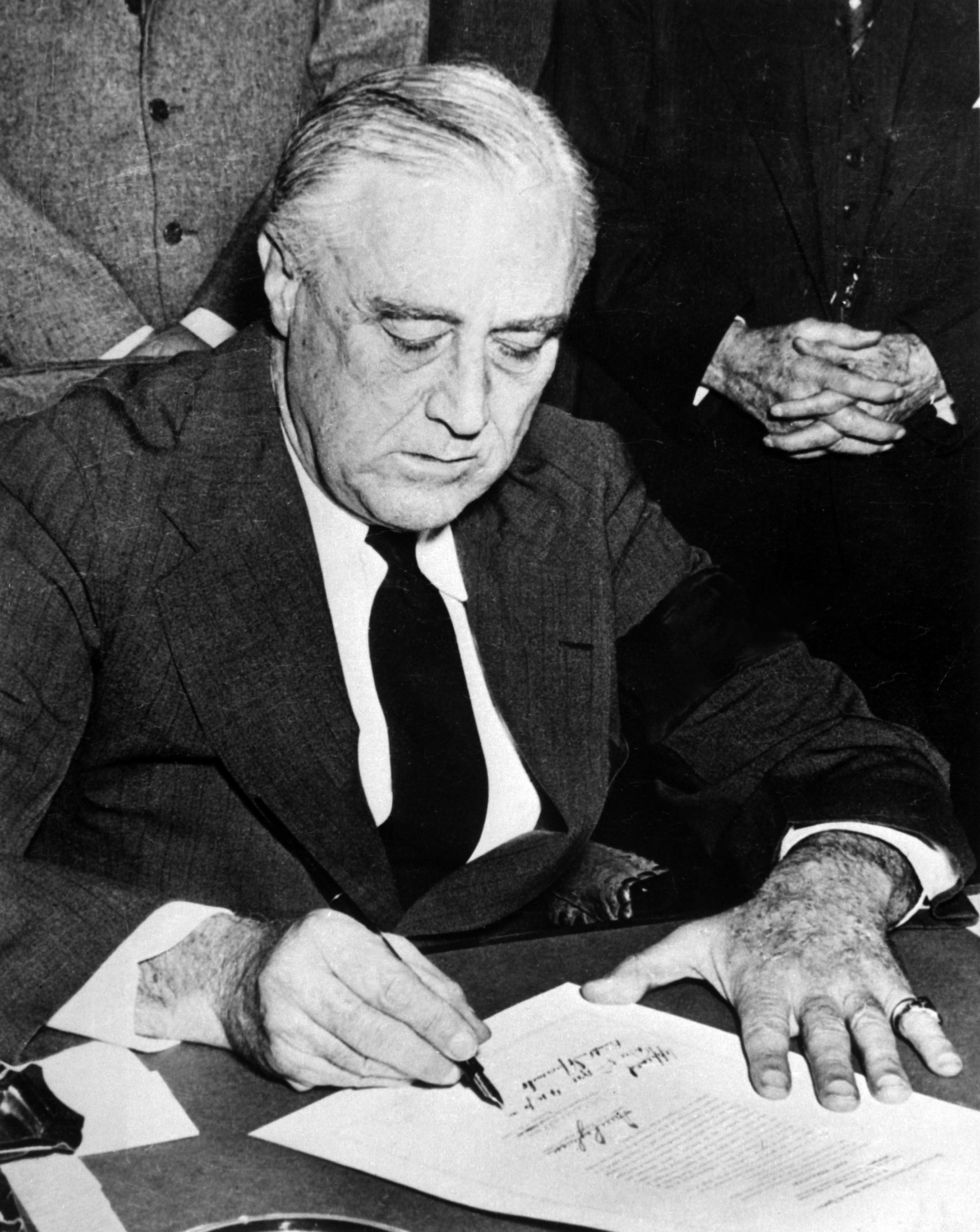It was no secret that president Harry Truman disliked communism. It was not only communism, but he also disliked the Soviet Union. During WWII the United States aligned themselves with the USSR. This forced the president, and Joseph Stalin to work together, this was hard for Truman to do since he despised Stalin, and thought he was not trustworthy. In 1947 the Truman Doctrine was introduced to describe the support that the US would be giving Greece, and Turkey. He stated that these free people should not be "suppressed" by a outside force that would force its government upon them. It would not only be to protect the people at "risk" but it would also benefit the US, for there to be one less country to fall to communism. These countries would need aid in order to continue to function without communism. In the past England had supported Greece, but considering their current status they could no longer pay for their support, and they requested the United States funding. This policy would be called containment, in other words it would contain communism to its current place. Instead of congress sending military, and all, it would only send 400 million dollars for support.
Sunday, March 25, 2012
Monday, March 12, 2012
LAD#35 FDR's executive order
This executive order is one that is unlike any other order the United States has seen within recent history. Executive order 9066 gave the secretary of war Henry L. Stimson the authority to create war zones in regions of the United States. In other words at this time Japanese Americans were forced out of the place that they called home, and sent to camps where they would be forced to reside. These people were not criminals, or even Japanese citizens, they were US citizens, and at this time all of their civil liberties were being revoked to "protect" the country. The intention of this act was to prevent spies from connecting with Japanese counterparts.In the end however 120,000 Japanese Americans were forced to live in these camps
LAD #34 FDR'S declaration of war
"December 7th 1941 a date which will live in infamy" That line is a exert from one of President Franklin Roosevelt's most remembered speeches. The speech was asking congress to declare war on Japan. The day before this speech was given Pearl Harbor, a US naval base was attacked by the Japanese. FDR describes the negotiations that had been occuring between the two nations, and that this attack came from nowhere, it was both unprovoaked, and uncalled for. The negotiations between the nations were now considered worthless. But the attack on Pearl Harbor had left the Pacific fleet in dissrepair, and it killed thousands of Americans. He also mentions that the empire of Japan had attacked many other Pacific islands including several other American islands. Basically this could not stand, these attacks would only get larger. But for our safety alone we would need to intervein. And in the end he blaitinly asks congress for a declaration of war, and earning it with little resistance.
Monday, March 5, 2012
LAD #32 The Kellogg-Briand Pact
The Kellogg-Briand pact was a peace treaty primarely between France, and the United States. However it was also signed by England, Japan, Germany, Japan, and Italy.The primay purpose was to prevent war from haoppening, but also to promise that no war would break out between the nations. It was drafted by secratary of state Frank B. Kellogg, and Aristide Briand, and after writting this both men earned the Nobel Peace Prize for their efforts. And Unlike the treaty of Versilles this treaty did in fact pass in U.S. congress. This was formulated along the side, not through the leage of nations. However it was smart, and effective at the time, it would not hold up in the years to come.


Subscribe to:
Comments (Atom)


